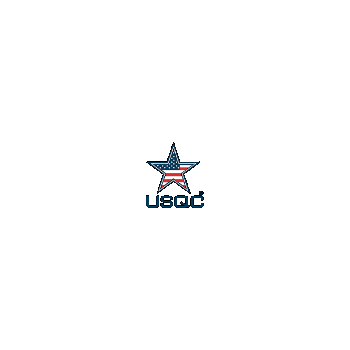ISO 26000
Social Responsibility
Standard Overview
Open new opportunities for your business and satisfy supply chain requirements by certifying to ISO 22301. Meet expectations of organizational resilience and prove that you have put business continuity best practice at the forefront of what you do. Let us take you through ISO 22301 certification and ensure your business is equipped to survive in the event of a major incident or disaster.
Certification Benefits
- Assist organizations in addressing their social responsibilities while respecting cultural, societal, environmental, and legal differences and economic development conditions
- Provide practical guidance related to making social responsibility operational
- Assist with identifying and engaging with stakeholders and enhancing credibility of reports and claims made about social responsibility
- Emphasize performance results and improvement
- Increase confidence and satisfaction in organizations among their customers and other stakeholders
- Achieve consistency with existing documents, international treaties and conventions, and existing ISO standards
- Promote common terminology in the social responsibility field
- Broaden awareness of social responsibility
This standard is not intended to reduce government’s authority to address the social responsibility of organizations.
Certification Requirements
- Recognizing social responsibility and engaging stakeholders
- Ways to integrate socially responsible behavior into the organization
- The seven key underlying principles of social responsibility:
- Accountability
- Transparency
- Ethical behavior
- Respect for stakeholder interests
- Respect for the rule of law
- Respect for international norms of behavior
- Respect for human rights
- The seven core subjects and issues pertaining to social responsibility:
- Organizational governance
- Human rights
- Labor practices
- The environment
- Fair operating practices
- Consumer issues
- Community involvement and development


